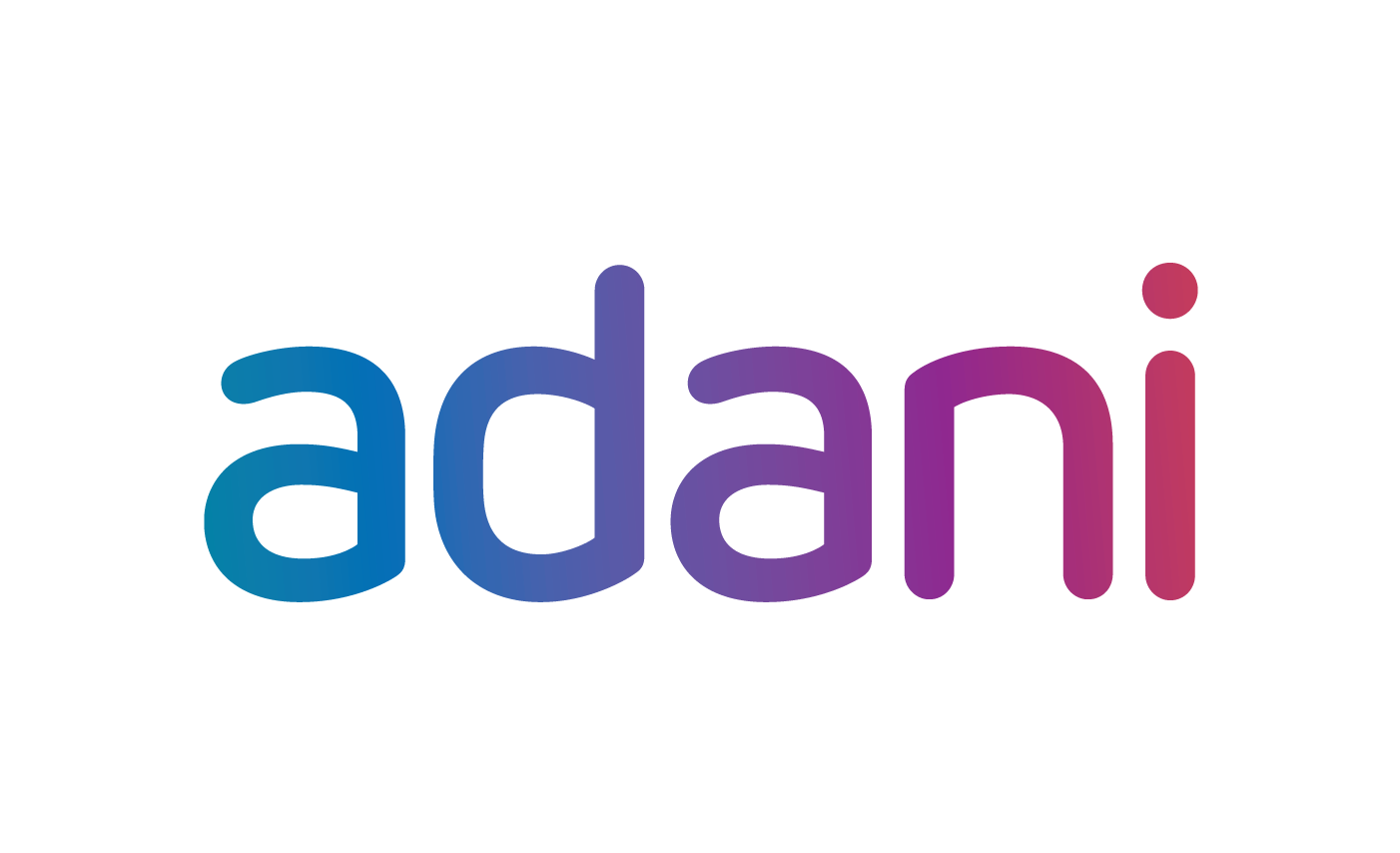Adani Group’s Recent Allegations: U.S. SEC Scrutiny, DOG Investigations, and Risks to Banks and Financial Institutions
The Adani Group, one of India’s largest conglomerates, has come under intense international scrutiny following fresh allegations in the United States. Reports of potential regulatory action from the U.S. Securities and Exchange Commission (SEC) and the Department of Justice (DOG) have reignited concerns about the company’s financial practices. Accusations ranging from stock manipulation to the misuse of offshore accounts have raised red flags about the stability of the group’s sprawling operations.
This controversy has significant implications for banks and financial institutions globally, as the Adani Group relies heavily on debt financing to fuel its expansion. In this article, we explore the recent allegations, assess the risks posed to financial institutions, and evaluate the potential fallout on global markets.
The Allegations: What Are the U.S. SEC and DOJ Investigating?
1. Accusations of Stock Manipulation and Financial Misrepresentation
In early 2023, the Adani Group faced allegations from U.S.-based short-seller Hindenburg Research. These claims, now reportedly being examined by the SEC, revolve around:
- Stock manipulation: The use of offshore shell companies in tax havens to inflate the share prices of Adani companies artificially.
- Overvaluation of assets: Questionable valuations of infrastructure and renewable energy projects.
- Opaque governance: Allegations of insider trading and conflicts of interest within Adani’s subsidiaries.
2. Offshore Shell Companies and Money Laundering Claims
The DOJ is reportedly investigating the group for alleged violations of anti-money laundering laws. Offshore entities linked to the Adani Group are suspected of funneling funds back into its listed companies to prop up their share prices, a practice that could violate U.S. securities regulations.
3. Environmental and Governance Concerns
Environmental watchdogs have flagged Adani for alleged non-compliance with sustainability and environmental regulations in projects financed by global banks. These lapses, coupled with governance concerns, have added to the company’s reputational challenges.
Risks to Banks and Financial Institutions
1. Exposure of Global Banks
The Adani Group has borrowed heavily from banks worldwide, with total debt reportedly exceeding $30 billion. Major international and Indian banks have provided substantial loans to fund the group’s infrastructure and renewable energy projects.
Key Banks at Risk
- Standard Chartered Bank
- Barclays
- Deutsche Bank
- HSBC
- Citibank
In India, public-sector banks such as the State Bank of India (SBI) and private players like ICICI Bank and HDFC Bank have significant exposure to the Adani Group.
2. Bondholders and Institutional Investors
Adani Group’s international bonds, worth billions, are widely held by institutional investors, including pension funds and mutual funds. A decline in Adani’s financial stability could result in significant losses for these investors.
3. Credit Rating Risks
Ratings agencies like Fitch, Moody’s, and S&P have flagged Adani’s high debt levels and reliance on refinancing. A potential downgrading of Adani’s credit ratings could increase borrowing costs, further straining its cash flows.

Quantifying the Risk: How Many Banks and Financial Institutions Are Exposed?
Domestic Banks
In India, nearly 30% of Adani Group’s total debt is held by domestic banks.
- Public-sector banks hold approximately ₹80,000 crore (~$10 billion), with the State Bank of India accounting for the largest share.
- Private banks such as ICICI Bank and Axis Bank are estimated to have a combined exposure of over ₹25,000 crore (~$3 billion).
International Banks
Adani’s overseas borrowing accounts for nearly 40% of its total debt.
- Major lenders: Standard Chartered and Barclays each reportedly hold over $1 billion in exposure. Deutsche Bank’s exposure is estimated at $500 million.
- Bondholders: Adani’s dollar-denominated bonds are held by funds managed by BlackRock, Vanguard, and Fidelity.
Overall Exposure
In total, over 50 financial institutions, including banks, pension funds, and asset managers, are estimated to have exposure to Adani Group’s debt, making them vulnerable to any financial instability.

The Broader Implications for Financial Institutions
1. Rising Non-Performing Assets (NPAs) in Indian Banks
Should the allegations lead to a downturn in Adani Group’s financial performance, Indian banks could face a sharp rise in NPAs. Public-sector banks, already grappling with stressed assets, would be hit hardest.
2. Global Systemic Risks
Given the extensive international exposure, a default or significant restructuring by the Adani Group could send shockwaves across global financial markets. It would raise questions about due diligence processes among banks and credit rating agencies.
3. Investor Confidence and Capital Flight
The controversy risks undermining investor confidence in Indian markets. A prolonged scandal could lead to capital flight, increasing pressure on India’s financial system and currency.

Potential Outcomes and Mitigation Measures
1. Regulatory Scrutiny and Legal Challenges
The SEC and DOJ investigations may result in fines, legal action, or stricter compliance requirements for Adani’s U.S.-linked entities. This could delay projects and strain financial resources.
2. Debt Refinancing Challenges
Adani’s ability to roll over its debt could be hindered by higher interest rates and reduced lender confidence. The group may need to sell assets or seek government support to meet its obligations.
3. Strengthening Governance Practices
To rebuild trust, the Adani Group may need to overhaul its corporate governance practices, improve transparency, and engage independent auditors.
4. Banks Diversifying Risk
Banks and financial institutions should reassess their exposure to the Adani Group and consider diversifying their portfolios to mitigate risk.
Conclusion: A Wake-Up Call for Financial Institutions
The allegations against the Adani Group underscore the need for robust due diligence, transparency, and corporate governance in global financial markets. While the full extent of the fallout remains uncertain, the controversy serves as a stark reminder of the interconnectedness of today’s financial systems and the risks posed by large, highly leveraged conglomerates.
Banks and financial institutions must act swiftly to safeguard their interests, ensuring that the lessons learned from this crisis lead to stronger regulatory frameworks and risk management practices.










